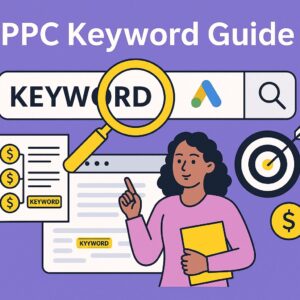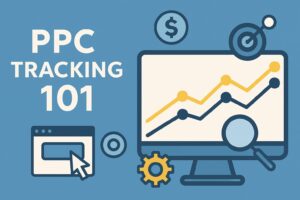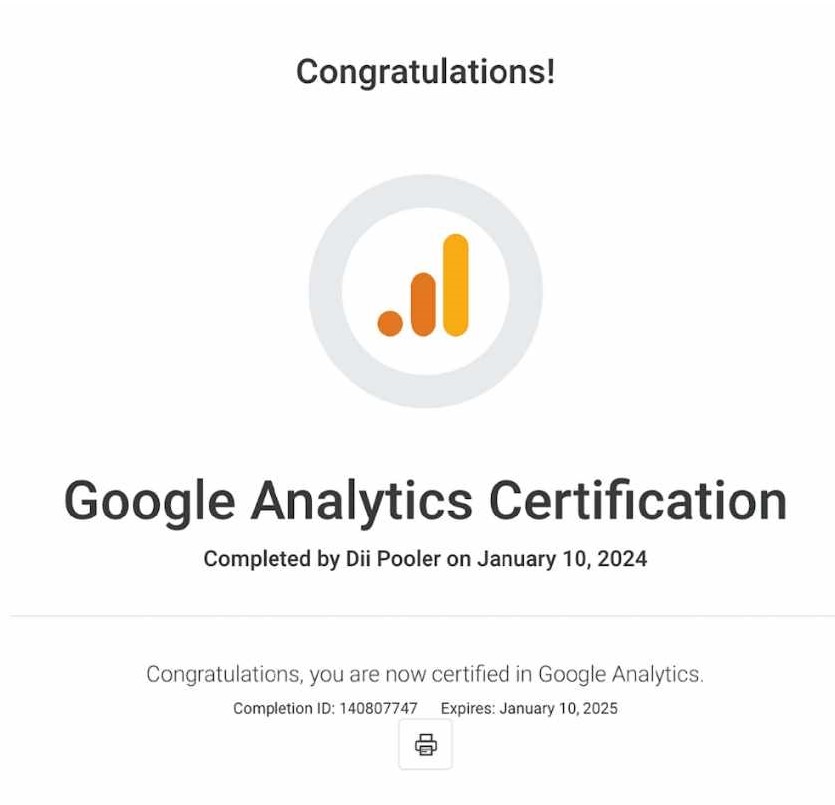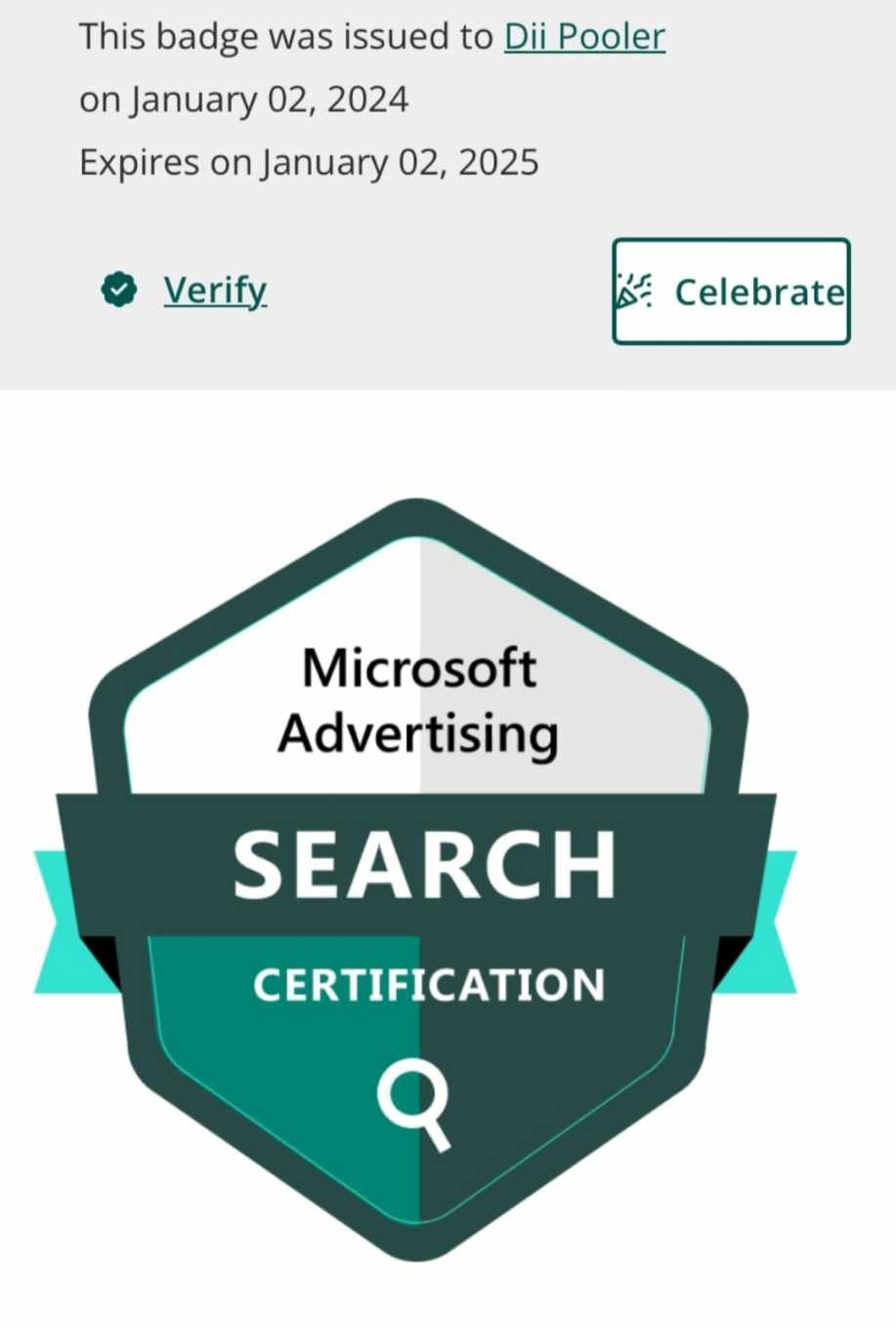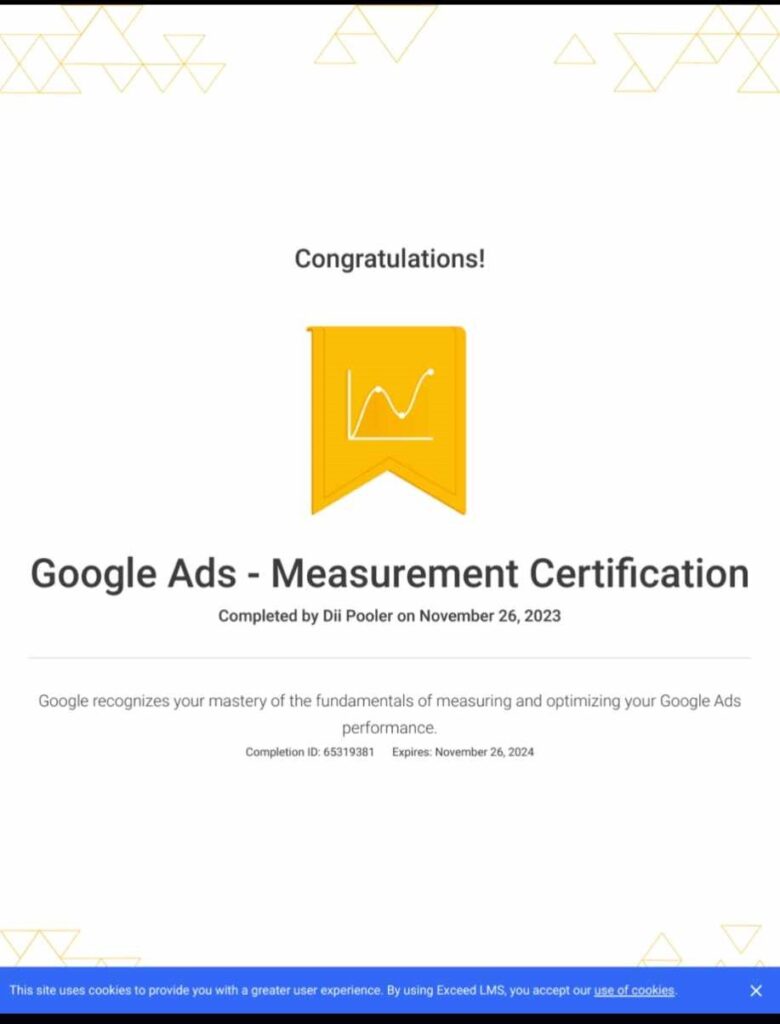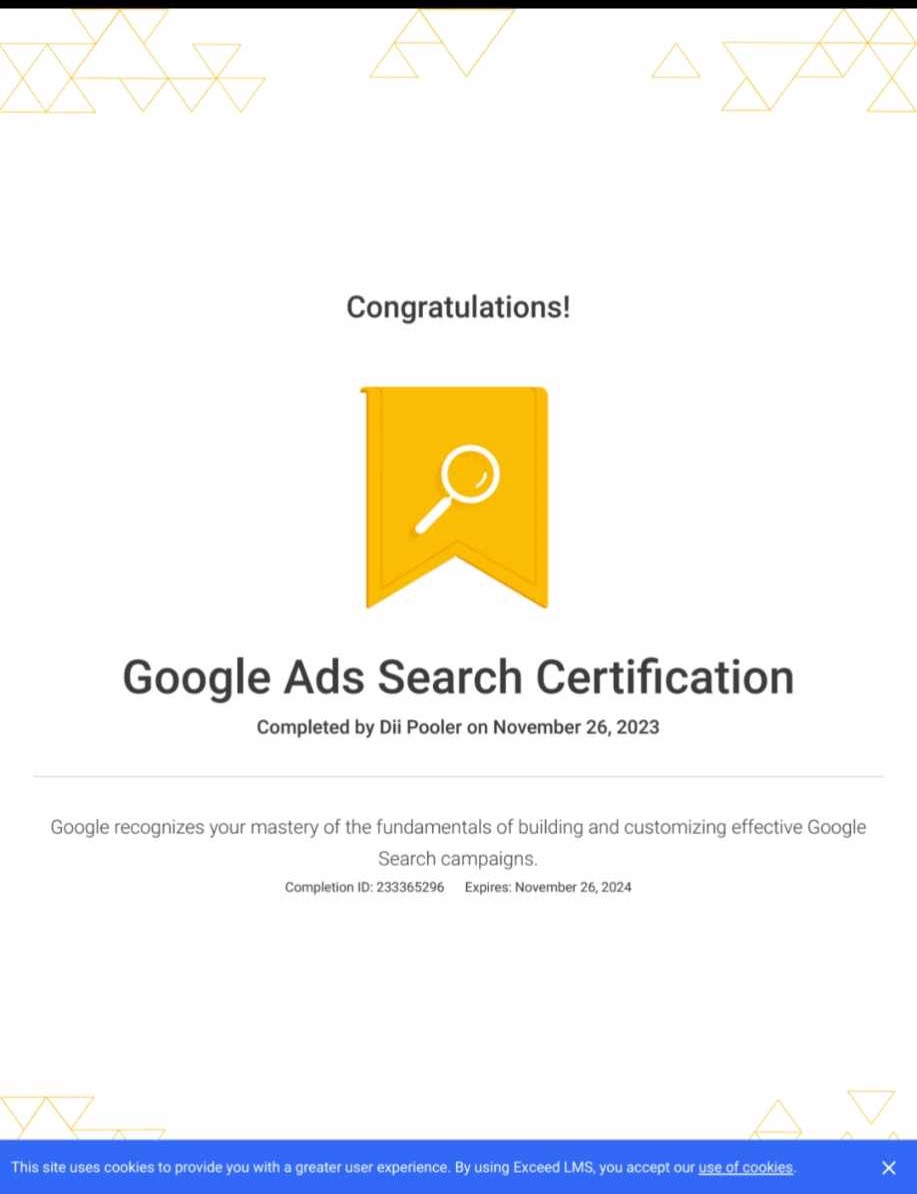Mastering PPC Seasonality
PPC keyword research isn’t just about finding words people search for—it’s about understanding the intent behind those searches and connecting with potential customers at exactly the right moment. Get it right, and you’ll see your conversion rates soar while your cost-per-click drops. Get it wrong, and you’ll watch your budget disappear with nothing to show for it.
The difference between successful and struggling PPC campaigns almost always comes down to keyword strategy. This comprehensive guide will walk you through everything you need to know to master PPC keyword research in 2025, from essential tools to advanced competitive analysis techniques that give you the edge.
The Foundation: Understanding PPC Keyword Research
PPC keyword research is the process of identifying and selecting search terms that potential customers use when looking for products or services like yours. But it goes deeper than just finding popular keywords. Effective research involves understanding search intent, analyzing competition levels, estimating costs, and aligning keywords with your business goals.
The most successful PPC campaigns focus on high-intent keywords—those searches that indicate someone is ready to take action. These might include terms like “buy,” “best,” “reviews,” or location-specific phrases that signal immediate purchase intent.
Essential PPC Keyword Research Tools
Google Keyword Planner: The Foundation Tool
Google Keyword Planner remains one of the best tools for PPC keyword research and it’s completely free. Even if you’re not actively running Google Ads, you can access valuable data including:
- • Monthly search volumes and trends
- • Competition levels for paid search
- • Bid range estimates for different keywords
- • Keyword suggestions based on your seed terms
- • Forecast data for campaign planning
The tool’s strength lies in its direct integration with Google Ads data, giving you the most accurate information for planning your campaigns on the world’s largest search engine.
SEMrush: A Competitive Intelligence Tool
SEMrush goes beyond basic keyword research to provide comprehensive competitive intelligence. Key features include:
- • Keyword Magic Tool: Generates thousands of keyword variations with detailed metrics
- • Advertising Research: Shows you exactly what keywords your competitors are bidding on
- • Ad History: Reveals competitors’ ad copy and landing pages over time
- • Keyword Gap Analysis: Identifies opportunities your competitors are missing
- • Position Tracking: Monitors your keyword rankings across search engines
What sets SEMrush apart is its ability to show you not just what keywords to target, but exactly how your competitors are targeting them.
Ahrefs: Underrated for Keyword Research
Originally known for SEO, Ahrefs has become equally powerful for PPC research. The Keywords Explorer tool provides:
- • Massive keyword database covering over 100 countries
- • Advanced filtering options for keyword difficulty, search volume, and CPC
- • “Parent Topic” feature that groups related keywords
- • Click-through-rate data for better traffic estimation
- • Integration with their Site Explorer for competitor analysis
Ahrefs covers data from over 100 countries and has the largest US keyword database, making it invaluable for international campaigns.
SpyFu: The Competitor Keyword Detective
SpyFu specializes in competitive intelligence, offering unique insights like:
- • Historical keyword data showing how long competitors have been bidding
- • Estimated competitor ad spend and ROI
- • Ad copy testing history to see what messaging has worked
- • Shared keyword opportunities between you and competitors
- • PPC rank tracking across Google, Bing, and Yahoo
Additional Powerful Tools
UberSuggest: Neil Patel’s free tool provides an intuitive starting point for beginners, offering broad keyword suggestions and basic competitive data.
SpyFu and Ahrefs Integration: Top PPC keyword tools for 2025 combine to deliver high-volume, precise data for building extensive campaigns.
SE Ranking: Combines SEO and PPC capabilities with strong competitive analysis features and affordable pricing.
Advanced Competitor Analysis Strategies
Understanding what your competitors are doing is crucial for PPC success. Here’s how to conduct thorough competitive research:
Identifying Your Real Competition
Don’t just analyze obvious competitors. Understanding the landscape of indirect competitors is crucial for shaping a robust keyword strategy that goes beyond obvious product terms. Use tools like SEMrush or Ahrefs to discover who’s actually bidding on your target keywords—you might be surprised.
Analyzing Competitor Keywords
Export competitors’ keyword lists and look for patterns:
- High-volume terms: What expensive keywords are they consistently bidding on?
- Long-tail opportunities: Are there specific phrases they’re targeting that you’ve missed?
- Seasonal patterns: Do they adjust their keyword strategy based on time of year?
- Geographic targeting: Are they focusing on specific locations you should consider?
Studying Ad Copy Evolution
Track competitor ad performance over time using historical data. Look for:
- Messaging that appears consistently (likely high-performing)
- Seasonal adjustments in ad copy
- Testing patterns and variations
- Call-to-action strategies that seem to work
Budget and Bid Analysis
Estimate competitor spending using tools like SEMrush or SpyFu to understand:
- Which keywords they’re willing to pay premium prices for
- Budget allocation across different campaigns
- Seasonal spending patterns
- Geographic bid adjustments
Deep-Dive Landing Page Analysis
Your competitors’ landing pages reveal crucial insights about what converts in your industry.
What to Analyze on Competitor Landing Pages
Keep an eye on competitors’ landing pages, analyzing design elements and user experience aspects to see what you could improve:
- • Page load speed: How does it compare to your site?
- • Mobile optimization: Is their mobile experience superior?
- • Value propositions: What benefits do they emphasize?
- • Social proof: How do they use testimonials and reviews?
- • Call-to-action placement: Where and how do they guide conversions?
- • Content structure: How do they organize information for clarity?
Using AI for Landing Page Analysis
ChatGPT and other AI tools can analyze landing pages to identify key elements like sentiment, tone of voice, value propositions, and CTAs. Simply paste a competitor’s landing page URL and ask for a detailed breakdown.
Landing Page to Keyword Alignment
Check how well competitors align their landing pages with their PPC keywords:
- Are target keywords prominently featured in headlines?
- Does the page content match the search intent of their ads?
- How do they handle different keyword intents on the same page?
Keyword Intent and Match Types Strategy
Understanding Search Intent
Successful PPC campaigns categorize keywords by intent:
Informational Keywords: Users seeking information (“how to,” “what is,” “guide to”)
- • Lower conversion rates but cheaper costs
- • Good for building awareness and remarketing lists
Navigational Keywords: Users looking for specific brands or websites
- • High conversion rates when targeting your own brand
- • Competitive when targeting competitor brands
Commercial Keywords: Users comparing options (“best,” “vs,” “reviews”)
- • Moderate conversion rates with mid-range costs
- • Excellent for capturing consideration-stage traffic
Transactional Keywords: Users ready to buy (“buy,” “price,” “discount”)
- • Highest conversion rates but most expensive
- • Priority keywords for direct response campaigns
Optimizing Match Types
Keyword match types determine how closely search phrases must match your keyword:
Broad Match: Maximum reach but less control
- • Use with smart bidding and conversion tracking
- • Good for discovery and expanding reach
Phrase Match: Balance of reach and relevance
- • Captures variations while maintaining context
- • Ideal for most campaigns
Exact Match: Maximum control and relevance
- • Higher conversion rates but limited reach
- • Best for high-value, proven keywords
Building Your Keyword Research Process
Step 1: Campaign Goal Setting
Before touching any tools, define:
- • What action do you want users to take?
- • What’s your target cost per acquisition?
- • What’s your monthly budget allocation?
- • Which geographic areas will you target?
Step 2: Seed Keyword Generation
Start with broad terms related to your business:
- • Core product/service terms
- • Industry jargon and terminology
- • Problem-focused keywords
- • Solution-oriented phrases
Step 3: Tool-Based Expansion
Use Google Keyword Planner, SEMrush, or Ahrefs to:
- • Generate keyword variations
- • Analyze search volumes and trends
- • Assess competition levels
- • Estimate costs per click
Step 4: Competitive Intelligence
Research competitor strategies:
- • Export competitor keyword lists
- • Analyze their ad copy and landing pages
- • Identify gaps in their targeting
- • Look for underserved keyword opportunities
Step 5: Intent-Based Segmentation
Organize keywords by funnel position:
- • Top of funnel: Informational and broad terms
- • Middle of funnel: Comparison and evaluation terms
- • Bottom of funnel: Purchase-intent and branded terms
Step 6: Prioritization and Budgeting
In 2025, the average cost-per-click (CPC) in Google Ads is $1-4. Prioritize keywords based on:
- • Conversion potential vs. cost
- • Search volume vs. competition
- • Brand relevance and strategic importance
- • Budget allocation across campaign types
Advanced Research Techniques Negative Keyword Research
Negative Keyword Research
Identify terms to exclude by:
- • Analyzing search query reports for irrelevant terms
- • Using keyword tools to find commonly confused terms
- • Studying competitor mistakes and irrelevant traffic
- • Building lists of job seekers, competitors, and freebie hunters
Seasonal and Trend Analysis
Monitor keyword performance trends to identify:
- • Seasonal demand fluctuations
- • Emerging trend keywords
- • Declining term opportunities
- • Geographic trend variations
Long-Tail Opportunity Mining
Long-tail keywords often provide the best ROI:
- • Lower competition and costs
- • Higher conversion rates due to specific intent
- • Better alignment with voice search trends
- • Opportunities for niche market capture
Leveraging AI and Automation
AI-Powered Keyword Research
Newer tools including AI platforms can supplement traditional research:
- • Use ChatGPT for long-tail keyword brainstorming
- • Generate keyword variations for specific topics
- • Create keyword groups based on intent
- • Develop negative keyword lists
Example AI prompt: “Using [seed keyword] as the central term, give me 20 long-tail keywords that users might search related to [your topic], focusing on purchase intent.”
Smart Bidding Integration
Modern PPC success relies heavily on AI-driven bidding strategies. Spend 95% of your time using bidding strategies that rely on AI, as machine learning can optimize beyond human capabilities.
Quality Score Optimization
Your keyword research directly impacts Quality Score, which affects:
- • Ad position and visibility
- • Cost per click
- • Overall campaign profitability
Optimize by ensuring:
- • Ad relevance: Keywords appear in your ad copy
- • Landing page experience: Keywords align with page content
- • Expected CTR: Historical performance data supports keyword choices
Performance Monitoring and Optimization
Key Metrics to Track
Monitor these essential KPIs:
- • Click-through rate (CTR): Indicates ad relevance
- • Conversion rate: Measures keyword quality
- • Cost per acquisition (CPA): Shows profitability
- • Impression share: Reveals competitive position
- • Quality Score: Affects costs and visibility
Ongoing Optimization Strategies
Regularly refreshing your PPC keyword research uncovers new opportunities as interests and trends evolve:
- • Weekly search query report analysis
- • Monthly competitor strategy reviews
- • Quarterly keyword performance audits
- • Seasonal campaign adjustments
Common Keyword Research Mistakes to Avoid
- • Focusing only on high-volume keywords: Lower-volume, high-intent terms often convert better
- • Ignoring search intent: Volume without intent wastes budget
- • Copying competitors exactly: Learn from them but maintain your unique value proposition
- • Neglecting negative keywords: Poor traffic quality destroys campaigns
- Setting and forgetting: PPC requires constant optimization and adjustment
The Future of PPC Keyword Research
As we move through 2025, several trends are shaping keyword research:
- • AI integration: Machine learning is becoming essential for large-scale optimization
- • Voice search adaptation: Longer, conversational keywords are gaining importance
- • Privacy changes: First-party data becomes more valuable for audience understanding
- • Automation advancement: Smart bidding and targeting reduce manual keyword management
Conclusion: Your Keyword Research Action Plan
Effective PPC keyword research in 2025 combines the best of traditional tools with modern competitive intelligence and AI-powered insights. Start with the fundamentals—understand your goals, use proven tools like Google Keyword Planner and SEMrush, and always analyze what your competitors are doing.
Remember that keyword research isn’t a one-time activity. The most successful PPC campaigns continuously evolve their keyword strategies based on performance data, competitive changes, and market trends. Set up regular review cycles, monitor your metrics closely, and never stop testing new opportunities.
The investment you make in thorough keyword research will pay dividends in lower costs, higher conversion rates, and better overall campaign performance. In the competitive world of PPC advertising, those who do their homework and truly understand their keywords will always have the edge.

